 September’s Round Robin Blog Hop asks the question: In designing your plots what do you rely on most: personal experience, imagination, or research?
September’s Round Robin Blog Hop asks the question: In designing your plots what do you rely on most: personal experience, imagination, or research?
ZZ
I’d have to say all of the above. Personal experience often gives me ideas for stories. That and people watching or news screaming at us from all forms of current day media. But from there, it’s imagination. Playing the “What If” game is a personal way of brainstorming how my plots will develop. But then I have research to do and often I find out something new that triggers a whole new avenue for my plot. When possible, I visit the area I plan to set my book in and being IN the setting, so to speak gives me more ideas. So, I really use personal experience, imagination and research in developing my plots.
ZZ
 They say that truth is stranger than fiction and that is often very true. When we were clearing my dad’s house to put it on the market, my sister came across a strange package with military markings and the word “ordinance” on it. That alone might give someone a nifty idea for a plot. But what followed is definitely going to show up in a story of mine one day. Being a responsible citizen, my sister didn’t think it appropriate to just toss it into the dumpster with all the other junk we were getting rid of so she put it in the car and drove to the local police station to ask what she should do with it. The cops got their panties in a bunch, needless to say. They wouldn’t let her return to her car, touch or unload the stuff or even retrieve her dog who was happily grinning at the police with tongue lolling from the back seat. They did get the dog and bring her into the station to sit with my sister, but then everyone had to wait for the bomb squad to
They say that truth is stranger than fiction and that is often very true. When we were clearing my dad’s house to put it on the market, my sister came across a strange package with military markings and the word “ordinance” on it. That alone might give someone a nifty idea for a plot. But what followed is definitely going to show up in a story of mine one day. Being a responsible citizen, my sister didn’t think it appropriate to just toss it into the dumpster with all the other junk we were getting rid of so she put it in the car and drove to the local police station to ask what she should do with it. The cops got their panties in a bunch, needless to say. They wouldn’t let her return to her car, touch or unload the stuff or even retrieve her dog who was happily grinning at the police with tongue lolling from the back seat. They did get the dog and bring her into the station to sit with my sister, but then everyone had to wait for the bomb squad to  come inspect the “ordinance.” My brother had been in the Army for 15 years and we suspected it might have been something he left behind that my dad just moved along with his other stuff, but who knew and my dad couldn’t remember and my brother had passed away so no one to ask. Eventually the bomb guys deemed it non-threatening and took care of it. What a fun twist for a plot, was the first thing that came to my mind when she told me about her day.
come inspect the “ordinance.” My brother had been in the Army for 15 years and we suspected it might have been something he left behind that my dad just moved along with his other stuff, but who knew and my dad couldn’t remember and my brother had passed away so no one to ask. Eventually the bomb guys deemed it non-threatening and took care of it. What a fun twist for a plot, was the first thing that came to my mind when she told me about her day.  At a lunch date with writers the other day one of the gals told a story about having frozen dough in the cooler of her sailboat, thinking it would be okay sitting on the block of ice, only to open the cooler and discover the entire cooler filled with ever expanding dough. At my age, there are plenty of ordinary experiences I am far too familiar with – giving birth, burying a husband, a mom with Alzheimer’s, parenting from toddler to teen, breaking down on the highway, traveling, airport searches, customs, and dozens of other things that can all be used to expand or add to a plot. And my not so ordinary experiences, like skydiving, swimming with whales, joining the Peace Corps, and being chased by a pig. So, yes, personal experience and the experiences of those we know as well as those in the news often form the nucleus of a plot, or push another plot along.
At a lunch date with writers the other day one of the gals told a story about having frozen dough in the cooler of her sailboat, thinking it would be okay sitting on the block of ice, only to open the cooler and discover the entire cooler filled with ever expanding dough. At my age, there are plenty of ordinary experiences I am far too familiar with – giving birth, burying a husband, a mom with Alzheimer’s, parenting from toddler to teen, breaking down on the highway, traveling, airport searches, customs, and dozens of other things that can all be used to expand or add to a plot. And my not so ordinary experiences, like skydiving, swimming with whales, joining the Peace Corps, and being chased by a pig. So, yes, personal experience and the experiences of those we know as well as those in the news often form the nucleus of a plot, or push another plot along.

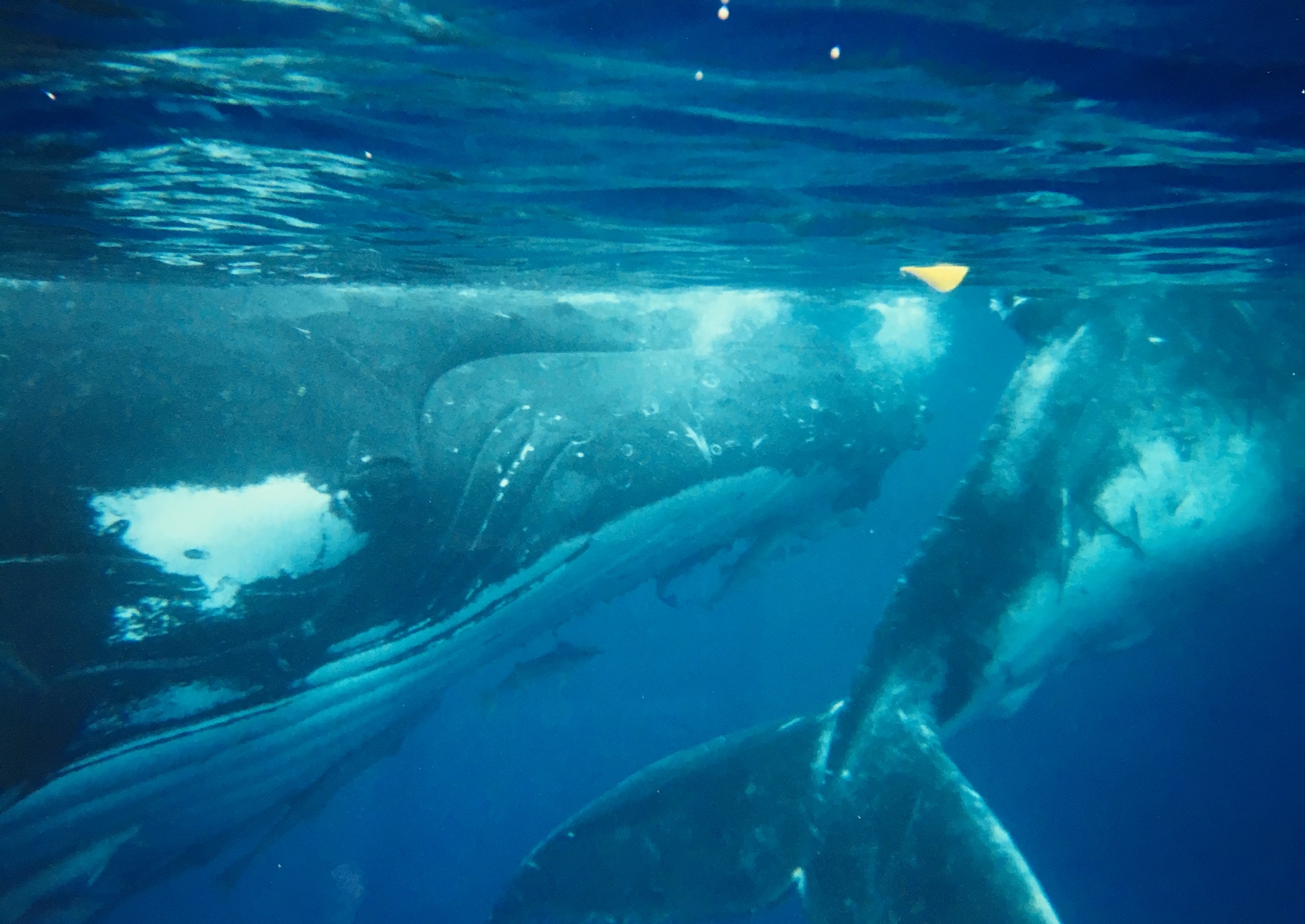
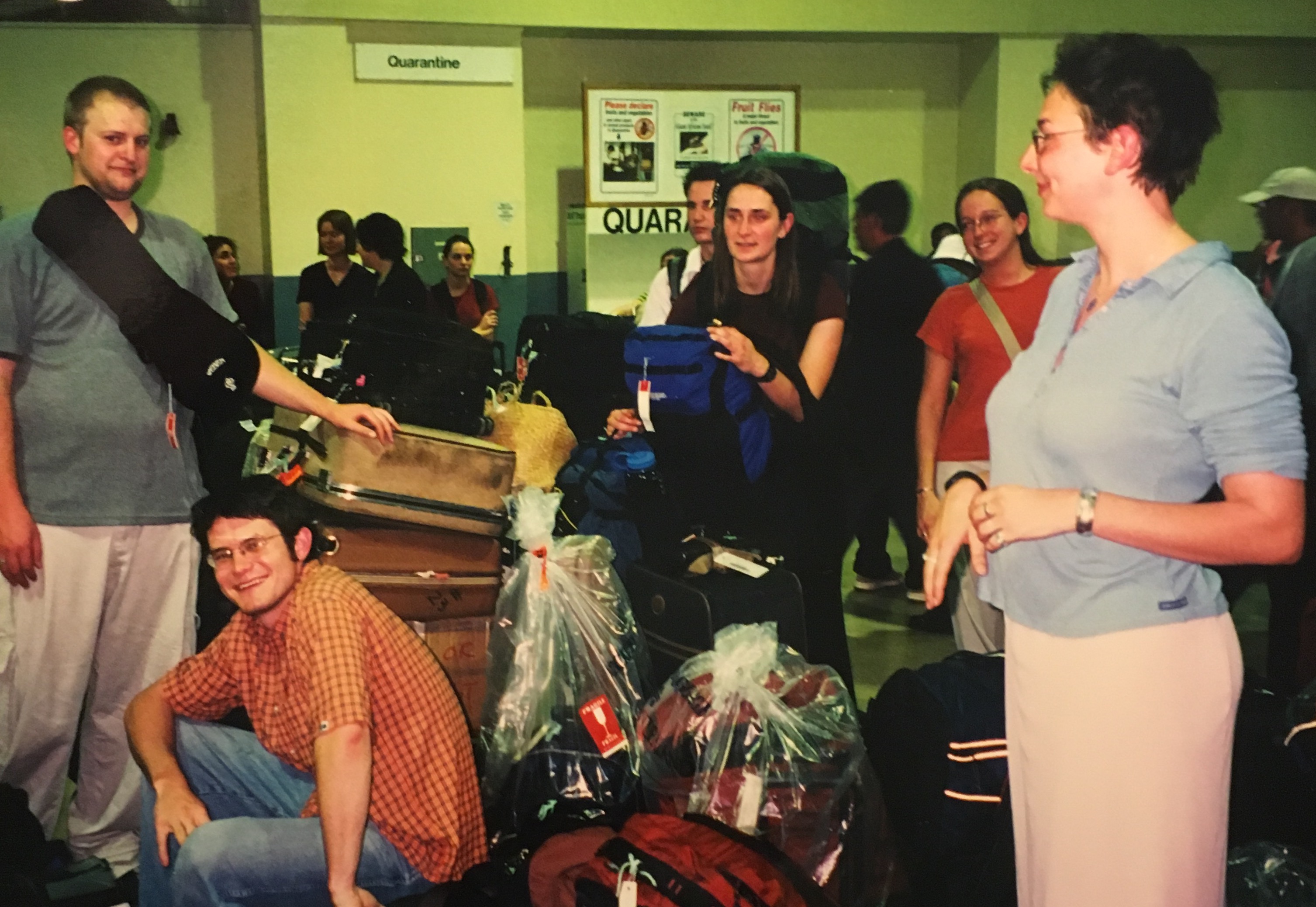

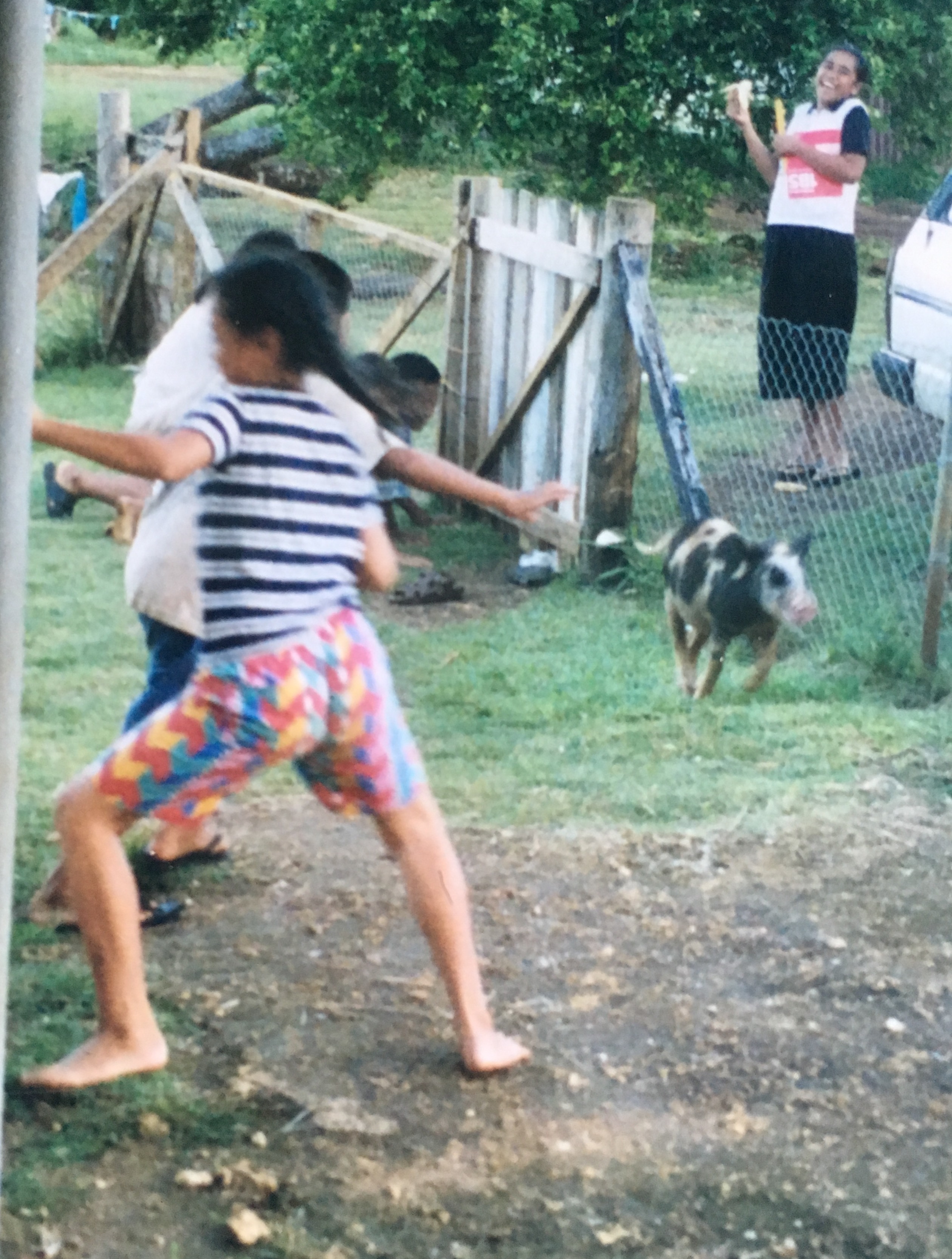
Especially since I am not a plotter, but what the writing community calls a pantser, I might get my initial idea from something I heard, dreamed, experienced or saw in the news, but then I spend a lot of time creating characters, their backstories, their current lives, foibles and loves – then I plop them into the inciting incident and see where they go. But we all eventually hit the ‘sagging middle’ and that’s when I start with the what if questions. What if this happened to my heroine? Or what if the hero did that? Or what if my 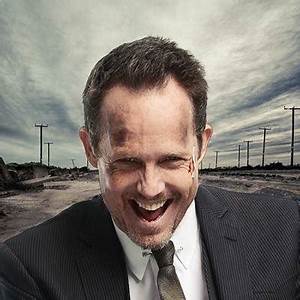
 villain had this in mind? The answers to each of these questions lead to more ideas and more questions. I am also fortunate to be part of a group of authors – we call ourselves the Sandy Scribblers (some of us live on the beach) – and we meet once a month to brainstorm all our current works in progress. We are such a varied lot, several genres and both male and female. I tend to be a Pollyanna and don’t want to hurt my people, but I call another member of our group my personal Mayhem because she comes up with the most diabolical things I can do to my characters to get them in hot water, turn up the heat and start roasting. This group is also great at poking holes in weak places in my plots and making suggestions on how to fix them.
villain had this in mind? The answers to each of these questions lead to more ideas and more questions. I am also fortunate to be part of a group of authors – we call ourselves the Sandy Scribblers (some of us live on the beach) – and we meet once a month to brainstorm all our current works in progress. We are such a varied lot, several genres and both male and female. I tend to be a Pollyanna and don’t want to hurt my people, but I call another member of our group my personal Mayhem because she comes up with the most diabolical things I can do to my characters to get them in hot water, turn up the heat and start roasting. This group is also great at poking holes in weak places in my plots and making suggestions on how to fix them.
ZZ
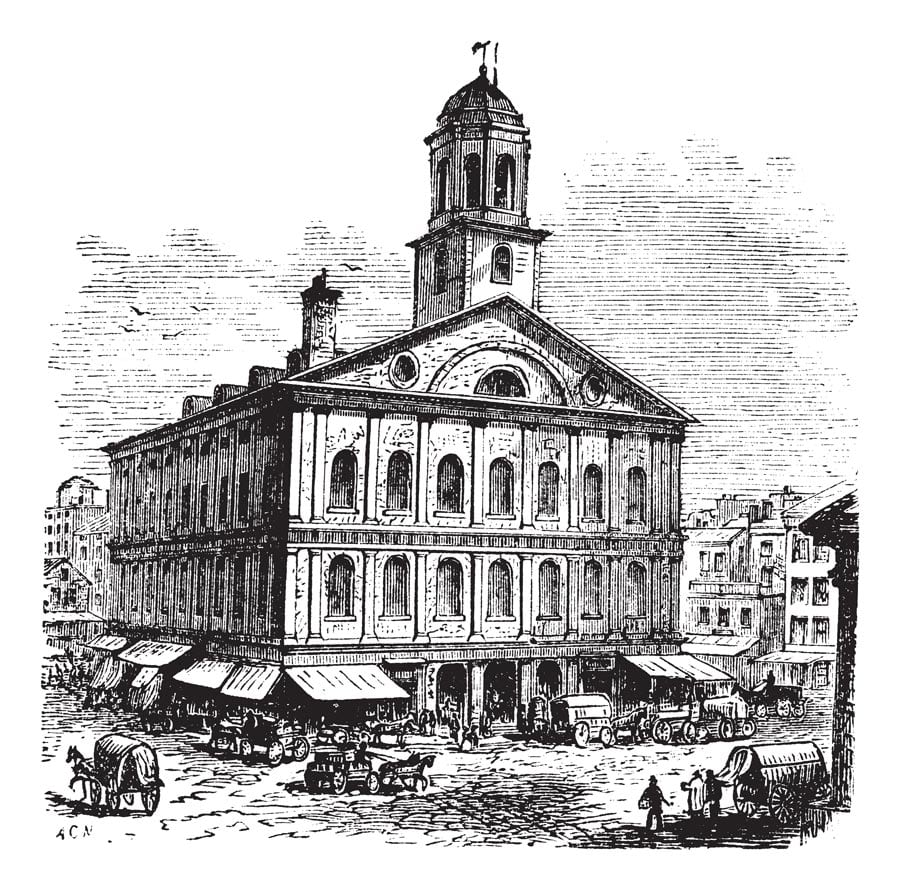 Then, there’s the research. As I mentioned, I like to visit the physical places I set my stories. My one (currently) historical is set partly in Boston and Salem Mass and I spent a lot of time in both cities walking through the historical places, getting a feel for what it might have looked like in 1775. Although not yet published I have a book that takes place at Valley Forge and I’ve been there as well as downtown Philly for research. For my romance series, set in a fictional seaside town in North Carolina, I spent several days in that area, checking the tides, the airport, the neighborhoods, the streets and riverside of Wilmington and more. I
Then, there’s the research. As I mentioned, I like to visit the physical places I set my stories. My one (currently) historical is set partly in Boston and Salem Mass and I spent a lot of time in both cities walking through the historical places, getting a feel for what it might have looked like in 1775. Although not yet published I have a book that takes place at Valley Forge and I’ve been there as well as downtown Philly for research. For my romance series, set in a fictional seaside town in North Carolina, I spent several days in that area, checking the tides, the airport, the neighborhoods, the streets and riverside of Wilmington and more. I 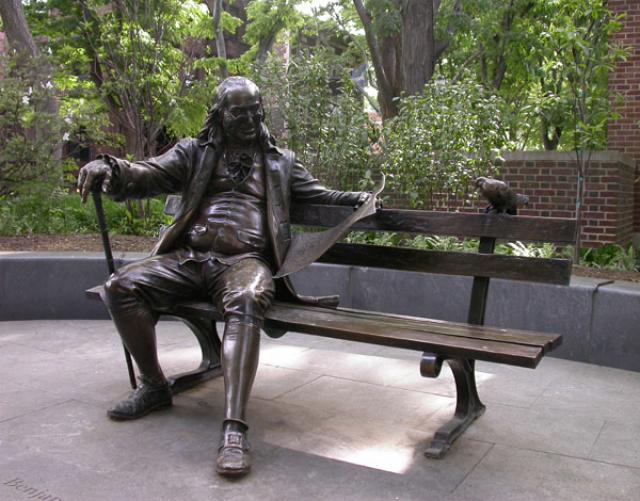 talked to local folk out trimming their lawns, manning the information booth at the airport and sitting on a bench beside the river. All three of those individuals gave me ideas that found their way into my plots. As I’ve mentioned before, a trip out to explore an island off the coast of Maine triggered an entire plot for a historical time travel novel. Sometimes just being there gives you ideas. Sometimes seeing things you didn’t know were there provokes a whole new line of thought. Sometimes sitting surrounded by the ambiance your story takes place helps you ‘feel’ new or different possibilities.
talked to local folk out trimming their lawns, manning the information booth at the airport and sitting on a bench beside the river. All three of those individuals gave me ideas that found their way into my plots. As I’ve mentioned before, a trip out to explore an island off the coast of Maine triggered an entire plot for a historical time travel novel. Sometimes just being there gives you ideas. Sometimes seeing things you didn’t know were there provokes a whole new line of thought. Sometimes sitting surrounded by the ambiance your story takes place helps you ‘feel’ new or different possibilities.
ZZ
So, like I said, personal experience, imagination and research all influence the creation of my plots. Why not visit these other writers and see how they come up with their stories:
ZZ
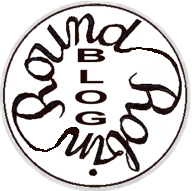 Margaret Fieland
Margaret Fieland
Victoria Chatham
Beverley Bateman
Dr. Bob Rich
Diane Bator
Connie Vines
Anne Stenhouse
Rhobin L Courtright